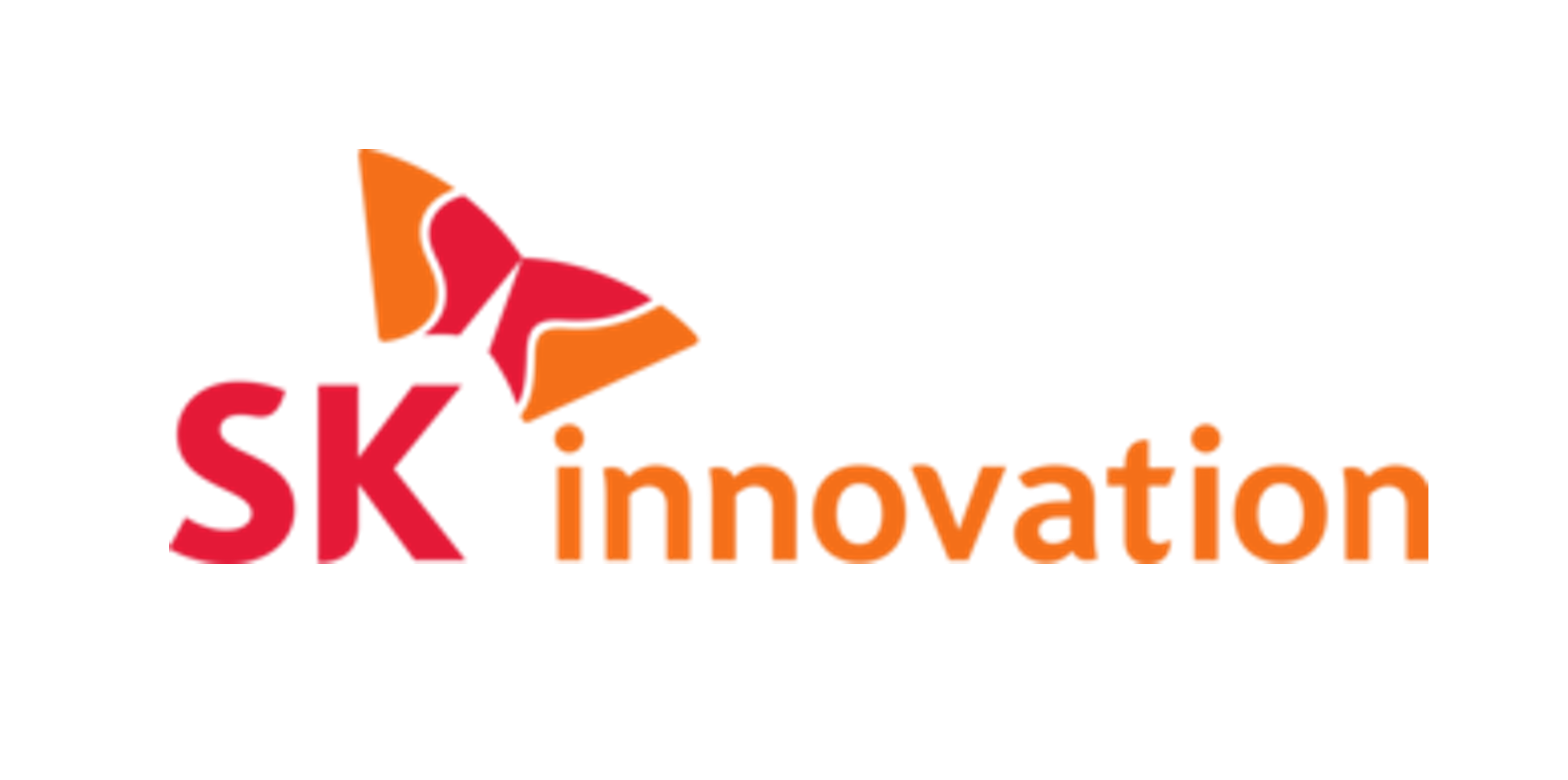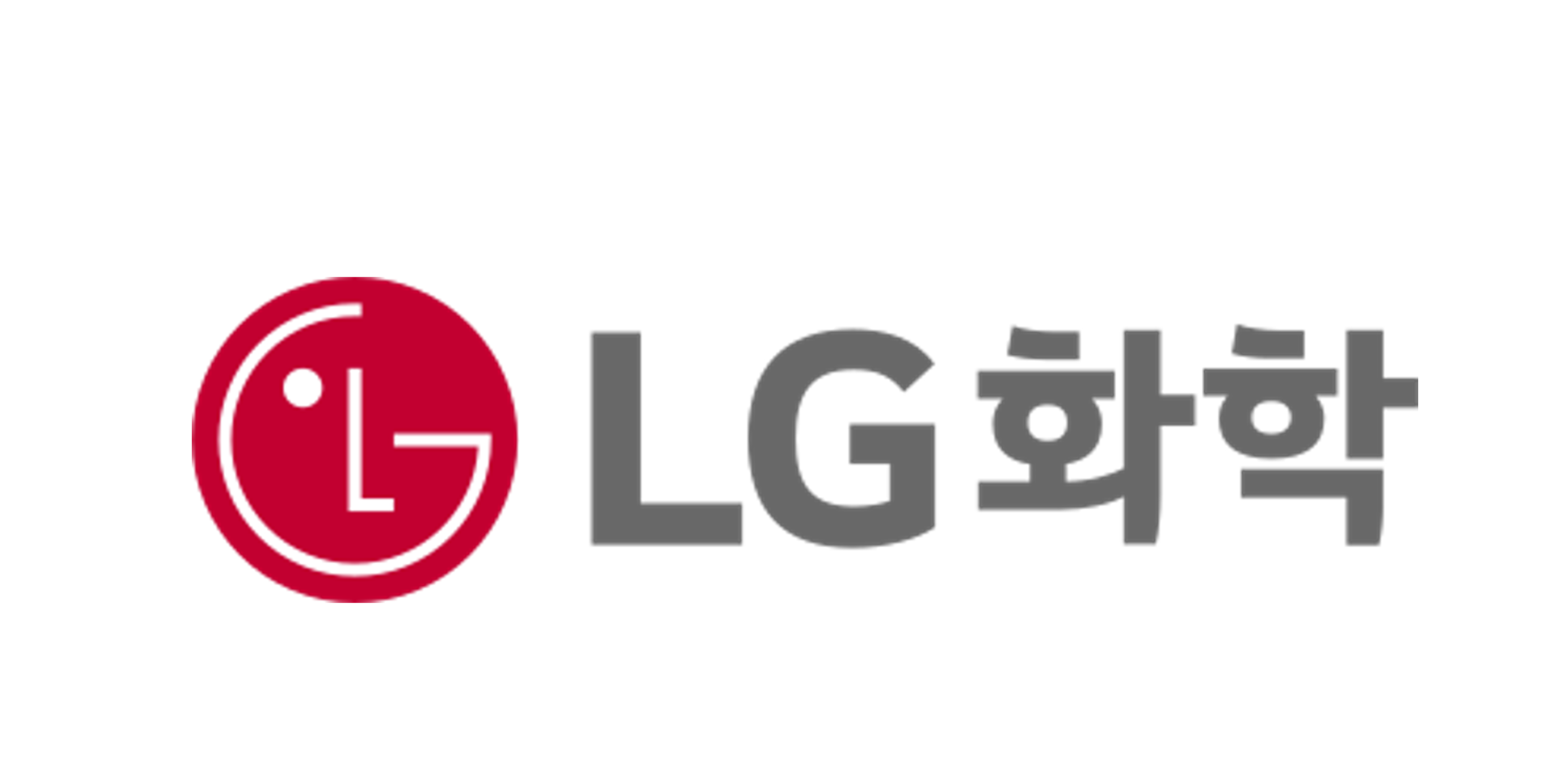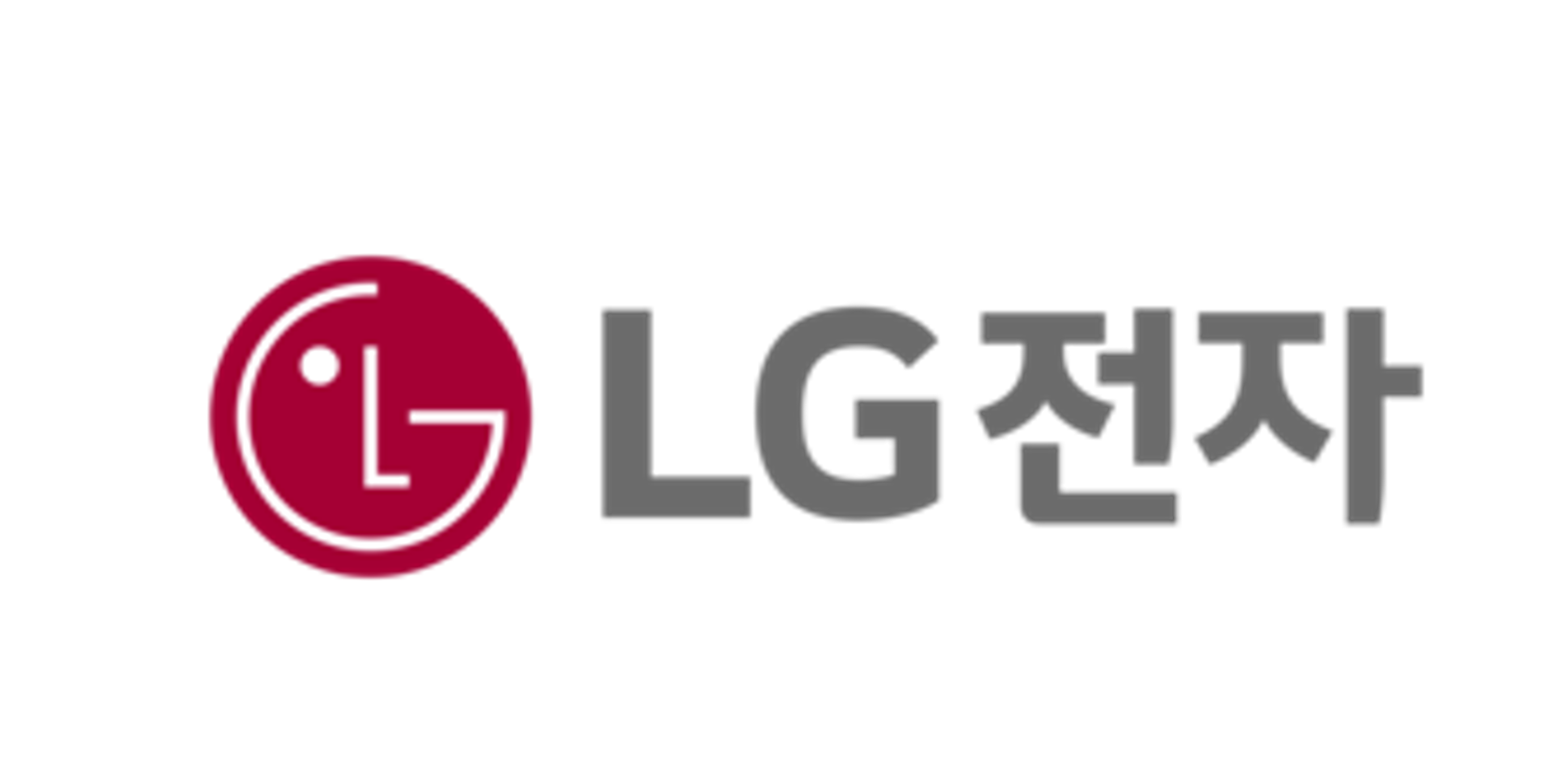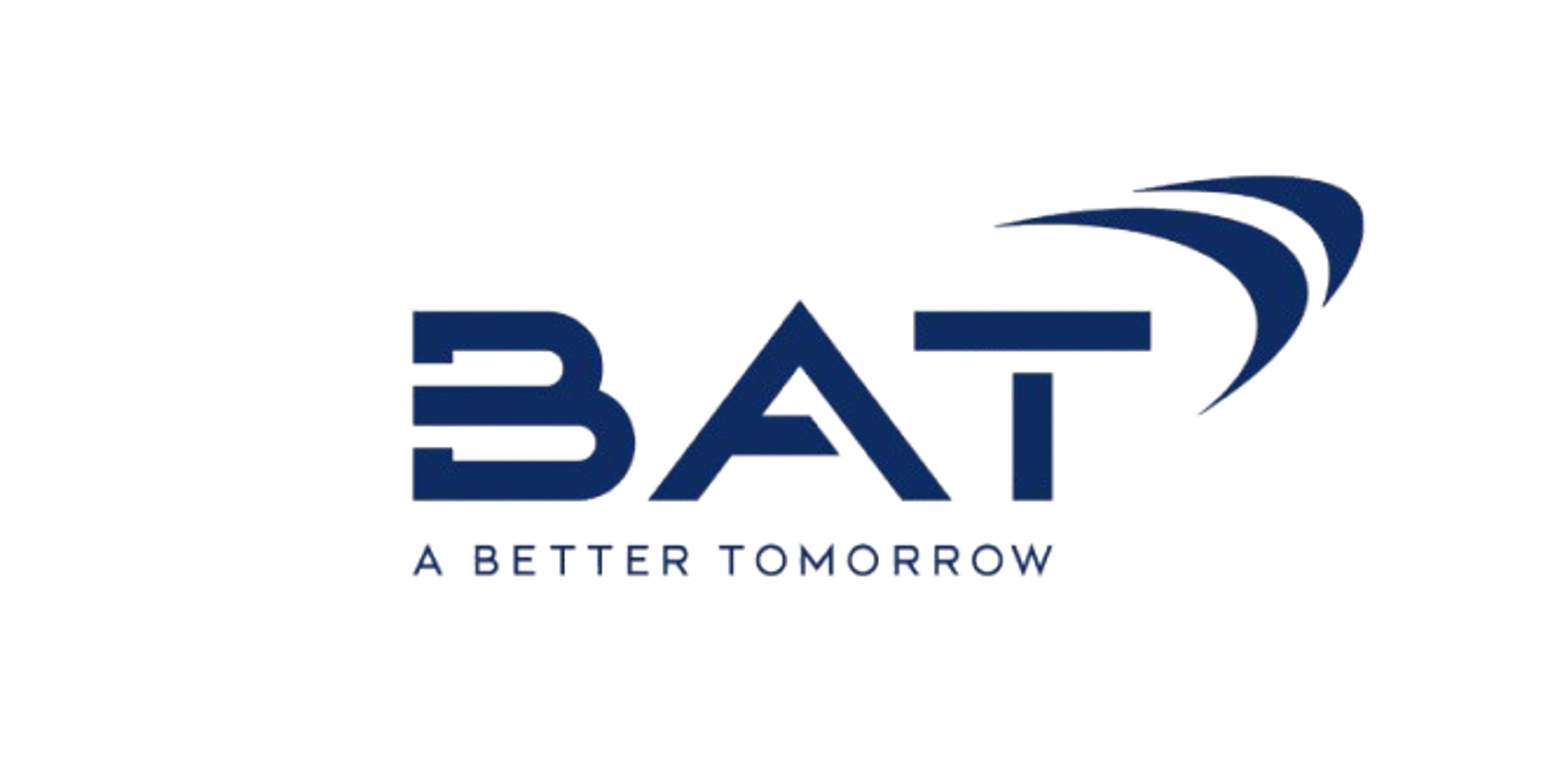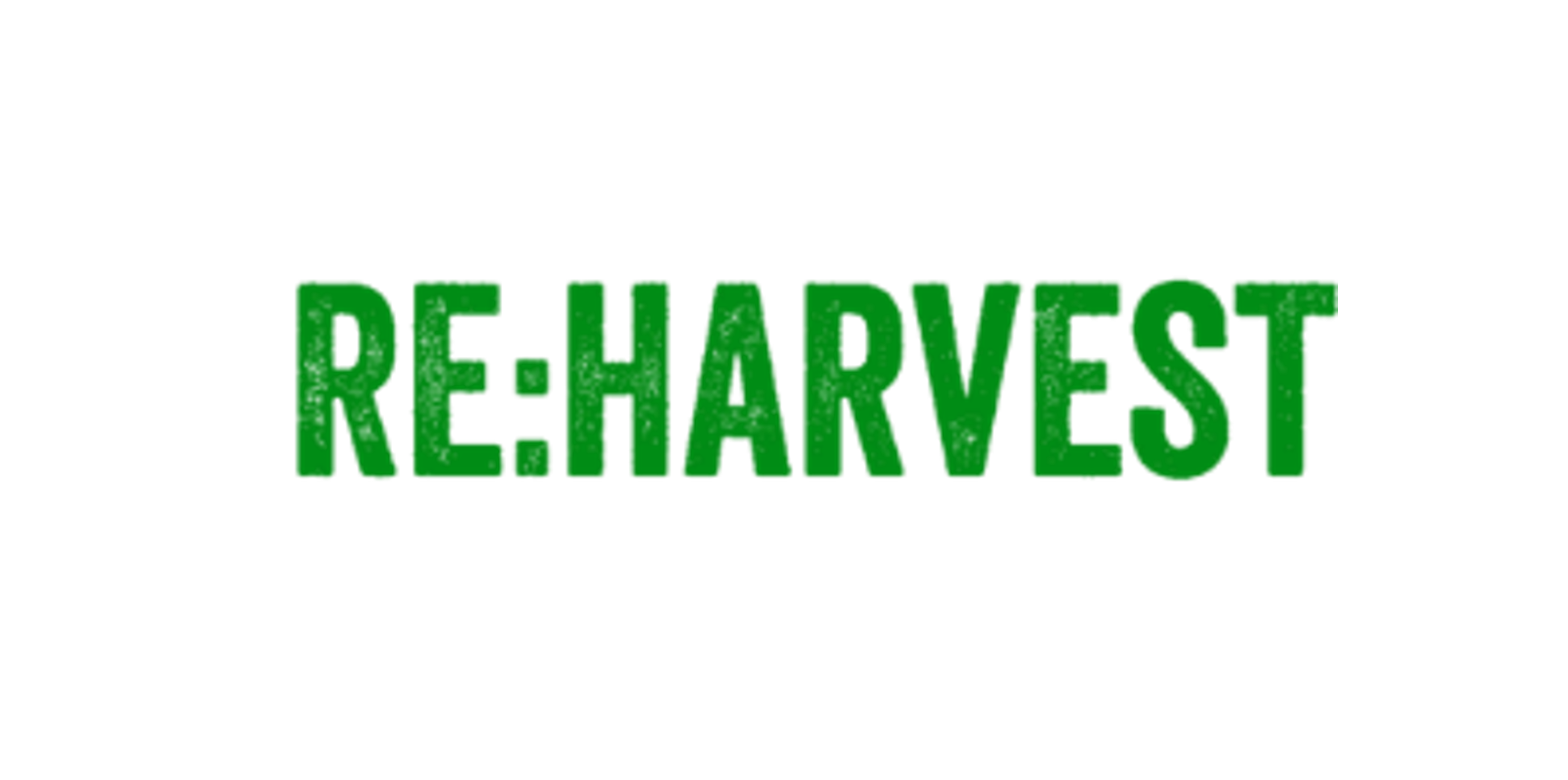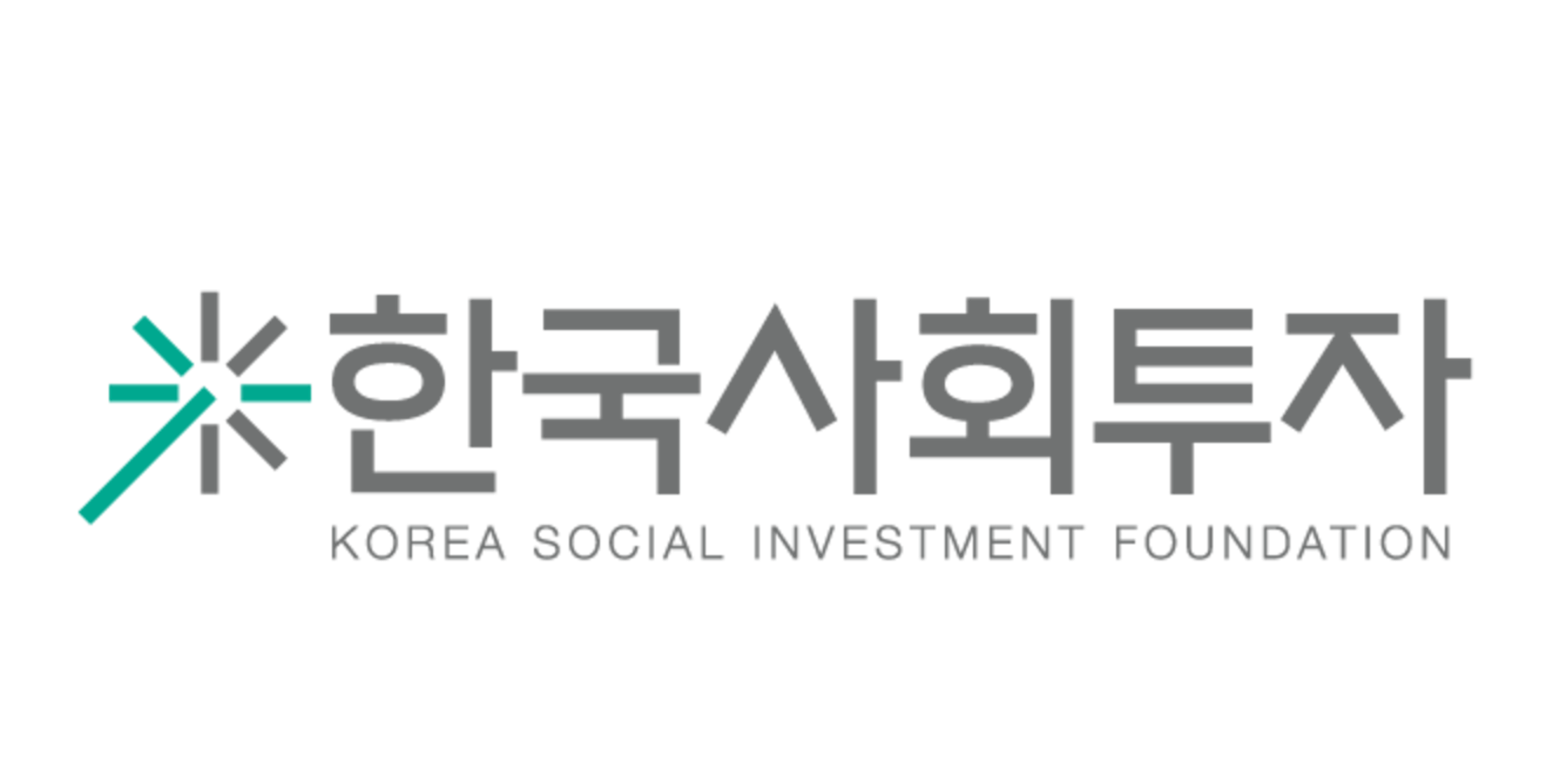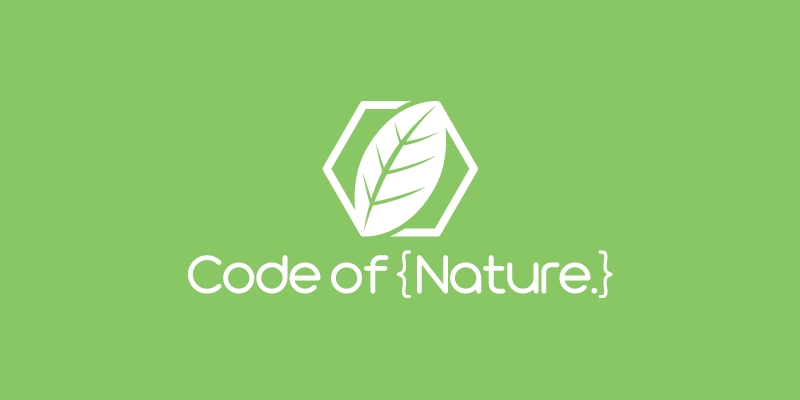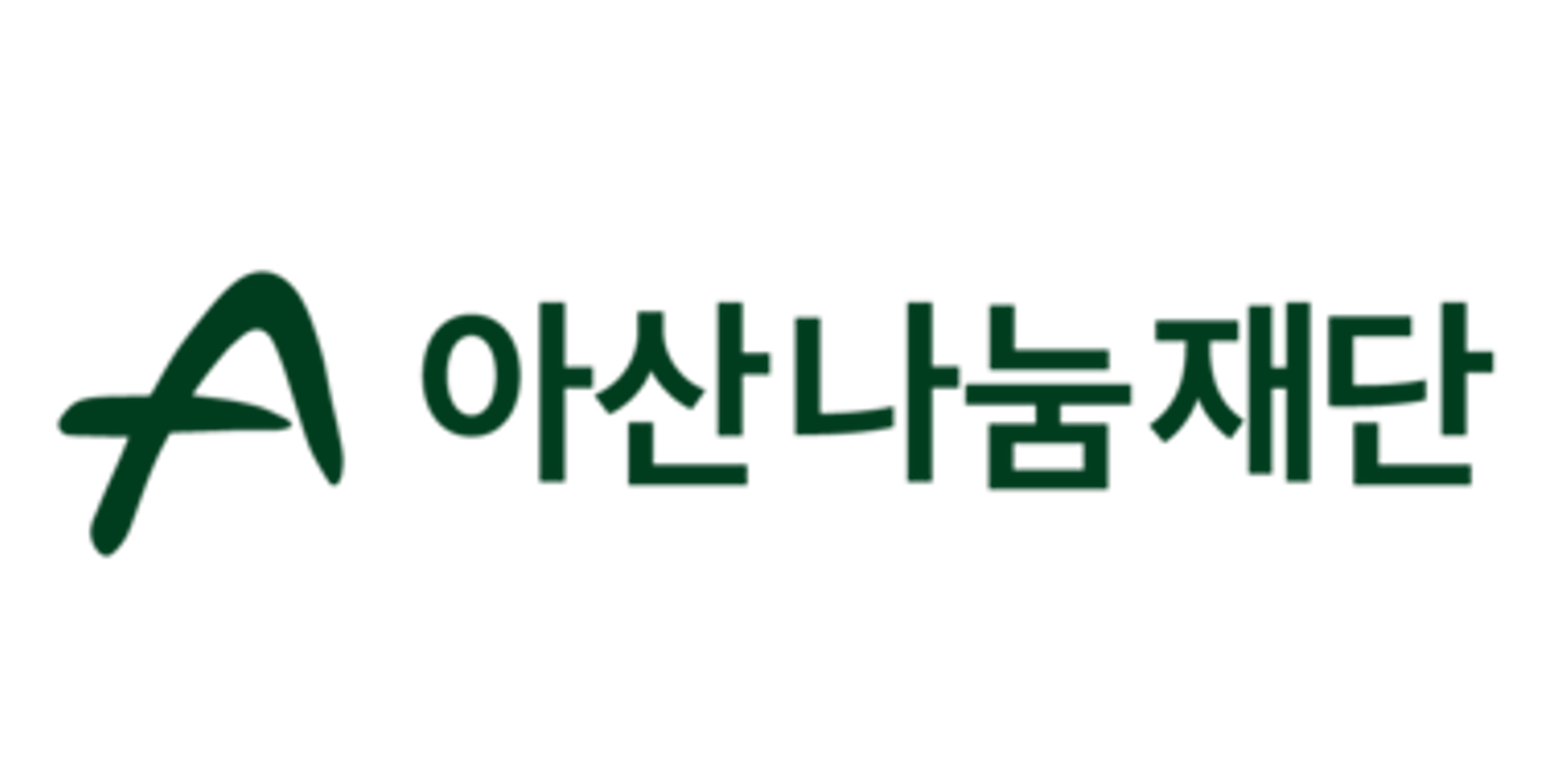
SOLUTION
-
SOLUTION 1
NATURE Blitz :
Native Seed Ball for
Habitat CompetitionNATURE Blitz :
Native Seed Ball for
Habitat Competition -
SOLUTION 2
NATURE 3M :
“A-Z” Integrated services for ecological restoration & assessment (Mapping-Managing-Monitoring)NATURE 3M :
“A-Z” Integrated services for
ecological restoration & assessment
(Mapping-Managing-Monitoring) -
SOLUTION 3
NATURE X :
Professional ecological restoration
S/W for using multiple remote dataNATURE X :
Professional ecological restoration
S/W for using multiple remote data
-
MS Project for the Removal of Invasive Ageratina altissima from UmyeonsanIn Mount Umyeon, located in Seocho-gu, Seoul, a collaborative ecological restoration project is being carried out to remove the invasive plant Ageratina altissima (White Snakeroot) and replant native vegetation. The project is jointly implemented by MicroView Project
-
Taehwagang River in Ulsan CityBy utilizing adaptable native species, costs are reduced by 30% compared to conventional services.View Project

for nature's recovery.
-
보도자료InvaLab’s Challenge Inspired by Patagonia: “Restoring Ecosystems with AI and Drones” [University of Seoul Campus Town][Since 2022, the University of Seoul has led youth entrepreneurship and regional innovation under the vision of “The Most Seoul-Like Impact, the Most Global Value,” beginning with the Seoul Impact initiative. In particular, it provides focused support to startups in AI-driven urban innovation and social impact, fostering a sustainable startup ecosystem where technology and social value are in harmony. The university was selected as an excellent case in the regional revitalization category of the Seoul Campus Town program and received an A+ grade in the 2024 Seoul Campus Town performance evaluation. Accordingly, IT Donga introduces the growth stories and innovative achievements of AI startups being nurtured by the University of Seoul.]“We will create a sustainable future in which nature and humans coexist, grounded in scientific evidence.”Shin Wonhyeop, CEO of InvaLab / Source: IT DongaThe damage to ecosystems caused by abnormal climate conditions is becoming increasingly severe. Invasive plant species such as ragweed, bur cucumber, and Canadian goldenrod are spreading across Korea, threatening native species. With their rapid and aggressive reproductive capacity, these plants not only disrupt local ecosystems but also cause crop damage and negatively affect human health by triggering allergies. The range of affected areas continues to expand each year.However, effectively managing invasive plants and restoring damaged ecosystems is no easy task. It requires extensive field surveys, specialized personnel, and continuous monitoring even after removal. Nature-tech startup InvaLab Inc. is stepping in to address these challenges using AI, drones, and IoT technologies. We met with Shin Wonhyeop, CEO of InvaLab, to hear about the company’s direction and goals.An Unexpected Startup Journey Rooted in Biodiversity ExpertiseFounded in 2023, InvaLab develops integrated solutions for controlling invasive plant species. CEO Shin Wonhyeop explained that the company name was inspired by the word “invasion,” meaning intrusion or encroachment. “It carries a dual meaning,” he said. “One is to prevent the invasion of invasive species, and the other is to penetrate unseen areas using remote sensing technologies to quantitatively assess biodiversity.” Biodiversity refers to the overall diversity of species, ecosystems, and genetic resources on Earth. It is critically important as the foundation for maintaining ecosystem functions. Shin Wonhyeop, CEO of InvaLab, who majored in plant ecology, founded InvaLab with the goal of addressing challenges in this field through technology. / Source: IT DongaSeptember 7, the founding date of InvaLab, coincides with the International Day of Clean Air for Blue Skies, designated by the United Nations (UN). First commemorated in 2020, the day aims to raise awareness of environmental pollution while promoting efforts to reduce pollution and create cleaner air. It is also meaningful as the first UN official international day proposed by the Korean government and is recognized as a national commemorative day.CEO Shin Wonhyeop did not initially set out to become an entrepreneur. In 2018, as he was about to complete his master’s degree in plant ecology at Seoul National University, he secured an internship at the United Nations Development Programme (UNDP) regional office in Bangkok, Thailand, where he worked for about six months. During this time, he felt frustrated that although social and climate issues were accelerating, solutions progressed slowly due to organizational governance constraints—even when the necessary technologies existed. He also faced the practical concern that, due to frequent personnel rotations inherent to such organizations, he might not be able to continue pursuing his desired research. He later strengthened his expertise in the natural environment and ecosystem field, earning a Ph.D. in Landscape Architecture from Seoul National University in 2024.Reflecting on his journey, Shin noted, “Plant ecology is a labor-intensive field centered on experts, but due to demanding fieldwork and relatively low compensation, the workforce has continued to shrink. From data collection in the field to analysis, the workload effectively doubles. There was a clear need to overcome this structure technologically. In seeking to solve this problem through technology and apply solutions more rapidly, founding InvaLab became a natural step.”An Integrated Solution from Precision Diagnosis to Customized ActionInvaLab provides an integrated solution that adds science-based core technologies to natural ecosystem restoration. These core technologies are built on two pillars: precision diagnosis (monitoring) and customized action (restoration).Precision diagnosis leverages remote sensing techniques that combine multispectral drone data with standard high-resolution drone imagery. InvaLab has currently achieved up to 95% accuracy in biological detection, enabling the quantification of living organisms even in areas invisible to the naked eye. Based on these diagnostic results, InvaLab produces and deploys its proprietary Seed Balls, enabling customized restoration actions. Accurately determining the appropriate function and quantity of Seed Balls required for restoration is itself a key technological capability.Shin emphasized, “In the medical field, there are many imaging tools such as CT scans and X-rays, but what matters more is accurately diagnosing the images and prescribing the right treatment. InvaLab works the same way. We analyze drone imagery and ecological data to make informed decisions, determining the necessary functions and quantities of Seed Balls. That is where our proprietary technological strength lies.” NatureBlitz and NatureX are InvaLab’s flagship solutions. / Source: InvaLabInvaLab’s flagship solutions include ▲NatureBlitz ▲NatureX. NatureBlitz is a customized Seed Ball product designed for the restoration and rehabilitation of degraded areas. Seeds are selected based on the principles of functional competition among native species and combined with suitable soil and nutrient materials to create tailored formulations. Backed by two related patents and nine SCI-indexed journal publications, InvaLab possesses one of the country’s leading alternative plant technology capabilities. The solution addresses the fragmentation of conventional management methods, reduces the risk of on-site accidents through drone operations, and enables work in areas with restricted access.Another distinguishing feature of InvaLab is its separate operation of monitoring drones and seeding drones. For monitoring, the company uses small drones equipped with LiDAR or multispectral sensors, while seeding operations are carried out using large agricultural drones with a payload capacity of over 25 kg. The impeller module used for seeding is also an in-house technology developed by InvaLab.Lastly, NatureX is a platform currently under development that provides spatial quantitative data generated through remote sensing in the form of Software as a Service (SaaS). It visualizes accumulated spatial data and enables its use in corporate ESG performance evaluation and non-financial risk management. By applying digital twin technology, NatureX also supports long-term spatial management decision-making. Shin Wonhyeop emphasized, “InvaLab’s differentiation lies in not simply planting trees in degraded areas, but in quantitatively measuring which organisms are added and how much carbon credit increases, and then returning greater outcomes and value to society as social value.”A Necessary Yet Unfamiliar Field: Challenges in PersuasionInvaLab was founded by CEO Shin Wonhyeop together with three master’s- and doctoral-level researchers from Seoul National University’s Graduate School of Environmental Studies and Graduate School of Engineering, and has since grown into a team of seven. Along the way, the company distinguished itself by winning the Grand Prize at the 2023 Innovation Camp Startup Competition and the Top Prize at the 2024 CBC Korea Startup Competition. In 2024, InvaLab was also selected as an early-stage startup under the Startup-Centered University Program run by the Ministry of SMEs and Startups and the Korea Institute of Startup & Entrepreneurship Development, and further secured support through the Startup Growth Technology Development Program (Didimdol) and the TIPS program.InvaLab is overcoming the challenges of pioneering the ecosystem restoration market by leveraging its proprietary technologies and actively participating in open innovation and proof-of-concept (PoC) programs with government and private-sector partners. / Source: IT DongaIn the process of developing its proprietary technologies, InvaLab went through numerous trials and errors. Beyond the pressure of securing top talent, the company also faced challenges in persuading clients and investors about the relatively unfamiliar fields of ecosystem restoration and biodiversity. Shin Wonhyeop explained, “Ecosystem restoration is not a market crowded with active competitors, which means the cost of finding demand and convincing customers is actually higher. Continuously quantifying an opaque and hard-to-measure market, and demonstrating how socially meaningful outcomes can be delivered through technology, remains a key challenge for InvaLab.” Nevertheless, InvaLab is overcoming the difficulties of pioneering the ecosystem restoration market by leveraging its proprietary technologies and actively participating in open innovation and proof-of-concept (PoC) programs with government agencies and private companies. Through collaborations with various partners, the company is also building a strong network. Recently, InvaLab brought on board a designer to strengthen customer-friendly branding. Shin noted, “I felt that if the term ‘biodiversity’ sounds difficult, then InvaLab’s mission might also feel distant. That’s why we believed it was important to create a more approachable, customer-friendly impression.” Recognized on the Global Stage, Aiming for International Expansion This year, InvaLab represented Korea at the global startup competition Creative Business Cup 2025, held in Copenhagen, Denmark, where it won second place. InvaLab’s nature-based ecosystem restoration solution was thus recognized as a viable business model on the international stage, signaling a positive outlook for the company’s global expansion.InvaLab represented Korea at the global startup competition Creative Business Cup 2025, where it won second place. / Source: InvaLabThis milestone helped clarify InvaLab’s goals even further: to grow into a global biodiversity management company. In particular, the company aims to provide resilience-based restoration plans that prevent recurrence after large-scale disasters in regions frequently affected by wildfires, such as California in the United States and British Columbia in Canada. Shin explained, “It’s not just about removing trees, but about planning environments with firebreak forests, less flammable tree species, and biodiversity-informed designs that enhance resilience.”InvaLab does have overseas competitors such as Flash Forest in Canada and Dendra in Australia, but these companies are also relatively young startups, around five years old, and are still in the validation phase. Shin emphasized, “InvaLab doesn’t think of itself as selling products or services, but rather outcomes. Like Patagonia, we differentiate ourselves by sharing our corporate vision with customers. In that sense, InvaLab dreams of becoming Korea’s Patagonia.”Restoring damaged nature and building a sustainable future is no longer a choice but a necessity. With this conviction, InvaLab continues to grow with the ambition of becoming a company that leads a sustainable future where nature and humans coexist.Meanwhile, InvaLab was selected this year as a resident company of the AI Impact Lab at the University of Seoul Campus Town. Shin said, “After being selected as an AI Impact Lab resident company, we received commercialization funding, which helped advance InvaLab’s products and solutions. We also had opportunities to apply for and participate in seminars tailored to InvaLab’s needs. In addition, we are receiving a wide range of support from the University of Seoul Campus Town, including mentoring and consulting.”Source : https://www.donga.com/news/It/article/all/20251028/132651413/12025-10-28
-
보도자료Aromatica Reveals Results of Soil Restoration Project in Collaboration with InvaLabFrom Invasive Species Removal to Seed Ball Sowing… Establishing a Foundation for Tracking Ecological Change Aromatica, an aromatherapy-based scalp and skincare brand, announced on the 5th the results of its “Soil Restoration Project,” jointly carried out with ecological restoration solution startup InvaLab. The two companies signed a memorandum of understanding in March this year and selected agricultural slope boundaries in Gamul-myeon, Goesan-gun, Chungcheongbuk-do, as the restoration site. The project focused on on-site activities and ecological analysis centered on removing the invasive vine Humulus japonicus and restoring native plant species. From April to November, a total of five on-site programs were conducted, with 107 employees and consumers participating. Intensive removal efforts were carried out in alignment with the plant’s growth cycle—from spring, when new shoots emerge, through the growing season, to autumn just before seed dispersal. Through regular removal activities, a noticeable decline in the density and coverage of Humulus japonicus was confirmed.Aromatica Ecological Restoration ProjectIn November, native-species seed balls were sown on areas where the invasive vine Humulus japonicus had been removed, establishing a foundation for ecological recovery based on analyses of nearby native plant communities. The seed balls—made with seeds of native species such as Lespedeza bicolor, Lespedeza cuneata, Glycine soja, and Aster pilosus—were enhanced with biochar (a carbon-based soil amendment produced by pyrolyzing biomass under high-temperature, low-oxygen conditions). The addition of biochar improved germination conditions and increased carbon retention in the soil. By sowing seed balls, native vegetation was encouraged to rapidly occupy spaces previously dominated by invasive species. Rather than stopping at removal alone, the project pursued simultaneous restoration of native species, thereby creating conditions that allow the soil to recover on its own.Another significant achievement was the establishment of baseline ecological data over the course of one year, including soil organic matter, moisture content, microbial activity, vegetation vigor indices (NDVI), and ground cover. Overall, early signs indicating the site’s recovery potential were observed, underscoring the need for long-term ecological monitoring and zone-specific adaptive management.The first-year outcomes of this joint project are meaningful in that they go beyond a record of one-off volunteer activities, providing companies with a systematic basis to examine early vegetation changes and the long-term potential for soil recovery in addressing biodiversity challenges. In addition, research is currently underway to develop products that repurpose the collected Humulus japonicus biomass as a new resource.Shin Wonhyeop, CEO of InvaLab, stated, “The baseline ecological data obtained through this survey go beyond simple status measurements and serve as a crucial foundation for predicting recovery pathways for the site. Together with Aromatica, we plan to establish a long-term ecological monitoring system to precisely track changes in local ecosystems and further advance biodiversity-based ESG initiatives in a more scientific manner.”Kim Young-gyun, CEO of Aromatica, commented, “All of Aromatica’s products originate from plants. Since healthy plants require healthy soil, our interest in soil is closely aligned with our core business. This soil restoration project represents the first step in putting these considerations into practice in the field. The baseline data established through the first year of activities will serve as a reference point guiding the direction of Aromatica’s future ESG initiatives.”Source : https://zdnet.co.kr/view/?no=202512051456192025-12-05
-
보도자료Han Su-jeong Expands Private-Sector Service Adoption Through API Open AccessSix AI-Ready Seed Data Sets Now Open in Real Time… Expanding the Data Ecosystem in Forestry and Gardening Through Public–Private Collaboration[Herald Economy = Reporter Kwon-hyung Lee] The Korea Arboretum and Garden Management Service (KNA), an agency under the Korea Forest Service, announced on the 10th that it is opening six AI-ready seed datasets in real time through an Application Programming Interface (API).The initiative is expected to serve as a major milestone in supporting the private sector’s free utilization of public data, accelerating digital transformation in the forestry and garden sectors, and promoting private-sector AI convergence services.The newly released datasets are built on the Seed Bank’s research database and include key information related to seed research and conservation, such as: • Taxonomic information • Seed vitality • Morphological characteristics • Quality-control information Additionally, the datasets include collection-site information and introducing-institution data, providing ecological background and provenance for each seed.Through this open API release, the KNA plans to stimulate AI research across industry and academia and support the development of data-driven forest restoration technologies.In fact, the private company InvaLab has already enhanced the accuracy of its drone-based ecological restoration models by incorporating seed vitality and morphological data from the newly opened datasets. This technology was recently demonstrated on-site during the “Seed-Ball Sowing Event” hosted by the KNA, showcasing the practical value and public–private applicability of the data.KNA President Shim Sang-taek stated, “The opening of the seed-information API marks the starting point for enabling the private sector to build innovative services using public data,” adding, “We will continue to provide diverse datasets in AI-ready formats and expand the data ecosystem in the forestry and garden sectors through ongoing collaboration with private partners.”Meanwhile, the KNA plans to further enhance the forest-data ecosystem by strategically expanding public-data access and strengthening infrastructure for AI-convergence content development in the fields of forest biological resources and horticulture. Source:https://biz.heraldcorp.com/article/10612737?ref=naver2025-11-10
-
보도자료Nature-tech company InvaLab, which uses technology to address ecosystem restoration and biodiversity conservationShin Wonhyeop, CEO of InvaLab Provides solutions that detect biodiversity risks and opportunities through remote sensing and restore ecosystems using seed-based methods Developing two core solutions—NatureBlitz and NatureX—built on technological convergence, efficiency, and sustainability as key competitive advantagesInvaLab is a nature-tech company that uses technology to address ecosystem restoration and biodiversity conservation. The company provides solutions that identify biodiversity risks and opportunities through remote sensing and restore ecosystems using seed-based methods. It was founded in September 2023 by CEO Shin Wonhyeop (age 35).The company’s main items are two solutions: NatureBlitz and NatureX. NatureBlitz is an on-site customized ecological restoration solution that combines drone, AI, and geospatial technologies to perform, in a one-stop process, the detection and removal of invasive alien plants, the seeding of native plants (seed balls), and post-monitoring.Compared to existing labor-centered methods, it can reduce cost and time while increasing restoration effectiveness. It is being used in ecological restoration projects linked to the ESG initiatives of government, public institutions, and companies.NatureX is a SaaS-based digital-twin platform that combines drone, satellite, and LiDAR data with AI ecological models to convert biodiversity and environmental monitoring into data and indicators. It supports companies and governments in managing carbon, biodiversity, and natural-capital risks in accordance with TNFD and ESG reporting systems.InvaLab’s competitiveness can be summarized in three points. First is technological convergence, which integrates drones, AI, LiDAR, and digital-twin technologies to manage the entire process from restoration execution to data-based performance management. Second is efficiency, enabling large-scale ecological restoration faster and at lower cost than labor-centered methods, with high precision and objectivity. Third is sustainability, as NatureBlitz and NatureX are linked to create a structure in which on-site restoration outcomes directly connect to ESG and TNFD reporting, providing practical value to both governments and companies.InvaLab is currently expanding its sales channels in the B2G market. It is securing initial references by participating in public projects such as wildfire-affected area restoration and the removal and management of ecosystem-disturbing plants. At the same time, in the B2B market, it carries out restoration projects linked to corporate ESG and carbon-neutral activities and provides ESG reporting indicators based on the activities and analyses.How did CEO Shin come to start the company? “While earning my Ph.D. in plant ecology and remote sensing, I conducted in-depth research in the field of ecological restoration. Through research and field experience, I directly felt that restoration work is highly site-dependent and labor-intensive. During this process, I developed the awareness that ‘without technology-based innovation, the limitations of ecological restoration will continue to repeat’, and I decided to start a company to solve this problem. I secured initial funding through government R&D projects, startup support programs, and early-stage investment, which allowed me to focus on technology development and prototype production.”InvaLab completed its Seed round investment in November 2024 and is currently pushing forward with technology advancement and market expansion, with the goal of attracting a Pre-A investment in the second half of 2026. The company especially plans to advance NatureX and enter the global ecological restoration analytics market in earnest, preparing expanded solutions that meet domestic and international ESG and TNFD needs.Since founding the company, CEO Shin said, “When I see the innovations I dreamed of becoming reality one by one as actual products and technologies—and when I experience that this process is not done alone but created together with team members who share the same vision—it is rewarding. There are many difficult moments, but in that process, I can feel both myself and the company growing.”Regarding future plans, he said, “Our goal is to build a system that enhances ecological restoration efficiency using scientific, evidence-based data on a global scale. A key point is enabling restoration outcomes to go beyond simple environmental value and become investable natural-capital assets such as carbon credits and biodiversity credits.”“Through this, restoration becomes an activity that allows investment and returns rather than a cost, and our ultimate vision is to create a sustainable ecological restoration ecosystem in which governments, companies, and investors all participate.”InvaLab was recognized for its items and selected for the University of Seoul Campus Town program. The Campus Town program is a project in which universities and local communities cooperate to support economic revitalization around university areas. Companies selected for the program receive benefits such as facility rental support, free access to shared office equipment, partial support for utility and facility operation costs, and designated office space or co-working space, along with various startup support programs.Founded: September 2023 Main business: Drone·AI·digital-twin–based nature ecosystem management; ESG·TNFD impact reporting solutions Achievements: 2023: Ministry of SMEs and Startups – Pre-Startup Package 2023: Hyundai Motor Chung Mong-Koo Foundation – H-OnDream Startup Ground, 11th cohort 2024: Ministry of SMEs and Startups – University Startup Package (early-stage startup) 2024: Ministry of SMEs and Startups – TIPS Program 2024: LG Electronics / LG Chem – LG Social Campus, LG Social Fellow 14th cohort 2024: SKT – ESG Korea 2024 2024: Ministry of Science and ICT – GovTech Startup Competition (Grand Prize, 1st place) 2025: Korea Forest Service – Big Data & AI Startup Competition in the forestry sector (Grand Prize, 1st place)Source : https://chatgpt.com/c/691d6935-aa80-8324-9ab1-4e90f4f1f41f2025-11-16
-
보도자료Korea Arboretum and Garden Management Service Successfully Concludes Seed Ball Sowing EventOn the 23rd, at the Gyemyeongsan Recreational Forest in Andong, Gyeongsangbuk-do — under the theme “Seeds of Hope, Forests Growing Anew.”At the Seed Ball Sowing Event held on the 23rd at Gyemyeongsan Recreational Forest in Andong, Gyeongsangbuk-do, Shim Sang-taek (fifth from the left), President of the Korea Arboretum and Garden Management Service, announces the opening ceremony while holding a watering can.[Herald Economy = Reporter Kwon-hyung Lee] The Korea Arboretum and Garden Management Service (President Shim Sang-taek), under the Korea Forest Service, held the “Seeds of Hope, Forests Growing Anew” seed ball sowing event on the 23rd at Gyemyeongsan Recreational Forest in Andong, Gyeongsangbuk-do, in collaboration with the Korea Forest Service and the Gyeongsangbuk-do Provincial Government.The event was organized to raise public awareness of the importance of forest ecosystem restoration and to promote a culture of ecological recovery.Around 200 participants—including representatives from the Korea Forest Service, Gyeongsangbuk-do, Andong City, the Korea Arboretum and Garden Management Service, wildfire response teams, and members of the public—joined the campaign to create and sow seed balls.Between August 29 and October 15, the Korea Arboretum and Garden Management Service, together with visitors to its affiliated arboreta, produced approximately 50,000 seed balls using acorns collected near wildfire-affected areas, including sawtooth oak (Quercus acutissima) and Mongolian oak (Quercus dentata) seeds.The program included a forest restoration video screening, a drone-based seed ball sowing demonstration by InvaLab, and a hands-on seed ball sowing session open to the public. The event stood out for delivering the message of forest recovery through both artistic and technological means.In addition, based on ESG collaboration with private companies, the initiative featured Black Yak’s “Top 10 Arboretum Visit Challenge,” where seed balls were accumulated through public participation, and a seed ball-making experience event supported by donations from employees of Junglim Architecture.Source:https://biz.heraldcorp.com/article/10600411?ref=naver2025-10-24
-
보도자료AI and Drones at Work in Ecological Management and Restoration From Drone Surveys to AI Analysis — and Even Seed-Ball SowingA Model-Based Integrated Drone and AI Ecological Restoration SolutionVisitors are attentively listening to the explanation of the solution.[Industry Daily] An ecological restoration solution that combines drones and AI (artificial intelligence) for natural environment management has been unveiled. Nature-tech startup InvaLab showcased its AI- and drone-based integrated ecological restoration solution at the 2nd Korea Social Value Festa. The event was held at COEX in Gangnam-gu, Seoul, on the 25th and 26th. The solution remotely surveys areas in need of ecological management using drones, focusing on wildfire-damaged sites and regions densely populated with invasive species. Data collected through infrared, LiDAR, and vision sensors mounted on the drones is then analyzed by AI to propose ecological restoration strategies.Seed Balls Exhibited by InvaLabIt also produces seed balls needed for restoration of damaged areas. This involves selecting native species and mixing soil suitable for the target site. The seed balls can be sown by drones, enabling coverage of about 0.5 hectares in just one hour.After restoration work, drones are deployed for periodic remote monitoring to diagnose the site and provide post-management reports.An InvaLab representative said, “Until now, ecological restoration has often relied on ad-hoc responses whenever abnormalities occurred. By establishing long-term, data-driven plans, we can reduce costs and improve management efficiency.”He added, “Using drones allows us to easily monitor rugged areas that are difficult for people to access. We are also developing a SaaS platform that applies Digital Twin technology to provide the ecological restoration process in 3D.”Publication Date: August 26, 2025 Source : https://kidd.co.kr/news/2429692025-08-26
-
보도자료SKT and Yuhan-Kimberly to Plant 12,000 Trees in North Gyeongsang ProvinceSK Telecom announced on the 25th that it has signed a comprehensive memorandum of understanding (MOU) with Yuhan-Kimberly to strengthen the implementation of ESG (Environmental, Social, and Governance) practices.Through this agreement, the two companies will accelerate efforts for a sustainable future in various areas, including ▲forest restoration in wildfire-affected areas ▲resource circulation campaigns ▲and marketing collaboration.In particular, the two companies, in partnership with the global NGO “Forest for Peace,” will create new forests in Andong, North Gyeongsang Province, which suffered severe damage from large-scale wildfires in March. Over the next five years, a total of 12,000 trees will be planted in the affected area.(From left) Eom Jong-hwan, Head of ESG Promotion at SKT, and Jeon Yang-sook, Head of the Sustainability Management Center at Yuhan-KimberlySK Telecom plans to combine its proprietary Vision AI technology with the expertise of the startup InvaLab to conduct drone-based surveys and AI-driven data analysis. Based on these efforts, the company will develop a scientific and efficient forest restoration model. In addition, a variety of tree species—including rare plants designated by the Korea Forest Service—will be planted to simultaneously promote biodiversity conservation and carbon reduction.Through Yuhan-Kimberly’s resource-circulation platform ByeCycle, SK Telecom will also recycle hand towels used in its offices, contributing to everyday waste reduction and the realization of a circular economy. Building on this initiative, the two companies will jointly carry out a range of resource-circulation campaigns.Furthermore, SK Telecom and Yuhan-Kimberly plan to design and operate joint marketing initiatives that connect SK Telecom’s services, such as T Membership and roaming, with Yuhan-Kimberly’s products. The two companies intend to pursue a long-term partnership that enhances ESG values while increasing customer satisfaction.Source : https://zdnet.co.kr/view/?no=202509251114552025-09-25
-
보도자료Korea Forest Service Holds Award Ceremony for Big Data and AI Startup CompetitionA commemorative photo taken after the 2025 Startup Competition Awards Ceremony on Big Data and AI Applications in the Forestry Sector. (Provided by the Korea Forest Service. Redistribution and DB prohibited) / News1(Daejeon/Chungnam = News1) Reporter Park Chan-soo = The Korea Forest Service announced on the 16th that it held the 2025 Startup Competition Awards Ceremony on Big Data and AI Applications in the Forestry Sector at the Seoul Creative Economy Innovation Center.In the product and service development category, the grand prize went to the team MountainDuo (Soh-Young Kang and one other) for their submission Today Hiking. The platform integrates and analyzes forest data, location information, and user data to provide personalized, safe hiking information.InvaLab (Wonhyeop Shin and four others) won the grand prize in the idea planning category with a seed-sowing simulation service. The system predicts and verifies the feasibility of seed-ball establishment for early ground cover by reflecting diverse terrain conditions in forest environments that are difficult to access due to wildfire or landslide damage.Lee Jong-su, Director General for Planning and Coordination at the Korea Forest Service, said, “We hope the award-winning teams’ ideas and services will lead to sustainable outcomes that benefit the public. Going forward, we will continue to work on discovering, opening, and ensuring the quality of forest data to contribute to youth entrepreneurship and the advancement of the AI industry.”Source : https://www.news1.kr/local/daejeon-chungnam/59137302025-09-16
-
보도자료DB Insurance selects six companies for its Transportation and Environment Social Venture Support ProgramOn the 5th, at the DB Financial Center in Gangnam-gu, Seoul, officials and representatives of the selected companies posed for a commemorative photo during the orientation for the 7th Transportation and Environment Challenge. DB InsuranceDB Insurance announced on the 8th that it has selected six companies for the 7th cohort of the “Transportation and Environment Challenge,” a social venture support program aimed at solving social issues in the field of transportation and the environment.The six final social ventures selected are Loen Korea, RoboRoad, Paperpop, InvaLab, AP Green, and BizCure.Hosted by DB Insurance, organized by the Environment Foundation, and sponsored by the Ministry of Environment, the “Transportation and Environment Challenge” is DB Insurance’s social contribution program that discovers, supports, and nurtures social ventures in the transportation and environment sector. Launched in 2019 as the first initiative of its kind in the domestic financial industry, the program marks its seventh year this year.DB Insurance plans to provide the selected companies with a wide range of benefits, including business funding, one-on-one coaching and acceleration programs, as well as opportunities to attract investment through Demo Day events.A DB Insurance representative stated, “We will actively support the realization of the innovative ideas developed by social ventures discovered through the Transportation and Environment Challenge.”Source : https://www.fnnews.com/news/2025090809112687882025-09-08
-
보도자료“KAIST vs. Seoul National University Startup Super Match” Successfully Concludes[DataNet] Global accelerator SparkLabs announced the successful conclusion of the “KAIST vs. Seoul National University Startup Super Match,” co-hosted with the social enterprise Haengboknarae, KAIST Impact MBA, and the SNU Center for Startup Support.The Startup Super Match served as a stage to introduce startups striving to solve pressing social challenges through innovation to both investors and the public. The event was held as a special program of the nation’s largest social value festival, the 2025 Korea Social Value Festa.Adopting a head-to-head competition format, the event featured four startups nurtured by SparkLabs under the KAIST Impact MBA program and four startups from Seoul National University’s acceleration program, SNU BIG Scale-up. Each team took the stage to deliver IR pitches in front of the audience.Across four rounds of pitching, each startup presented its vision focusing on the social problems they aimed to solve, the uniqueness and scalability of their solutions, and their potential social impact. Panel judges—Kyunghee Choi, CEO of Sopoong Connect, and Taejoon Roh, Acting Partner at Primer—provided in-depth feedback and advice.Following the evaluations by judges and the audience, AP Green, which is developing an on-site clean hydrogen production system for customized power supply, was awarded the Grand Prize. The Excellence Award went to Perioneer, a developer of groundbreaking periodontal disease treatments. The Best Pitch Award, determined by audience votes, was given to Domino Effect, an education platform tailored for foreign caregivers. Based on the aggregated results of individual performances, Seoul National University was named the overall winning university team.In addition, the latter half of the event featured a special guest session with Booon, the winner of Japan’s Impact Shift social venture competition, who introduced its innovative model of recycling food waste into insect protein to the Korean audience.Judge Taejoon Roh, Acting Partner at Primer, remarked: “The startups on this stage are not only tackling social issues but also presenting highly competitive business models. Unlike the past, when social ventures were mostly focused on social value, I could clearly witness their evolution into enterprises encompassing economic value and global scalability.” Source: https://www.datanet.co.kr/news/articleView.html?idxno=2048132025-08-27



